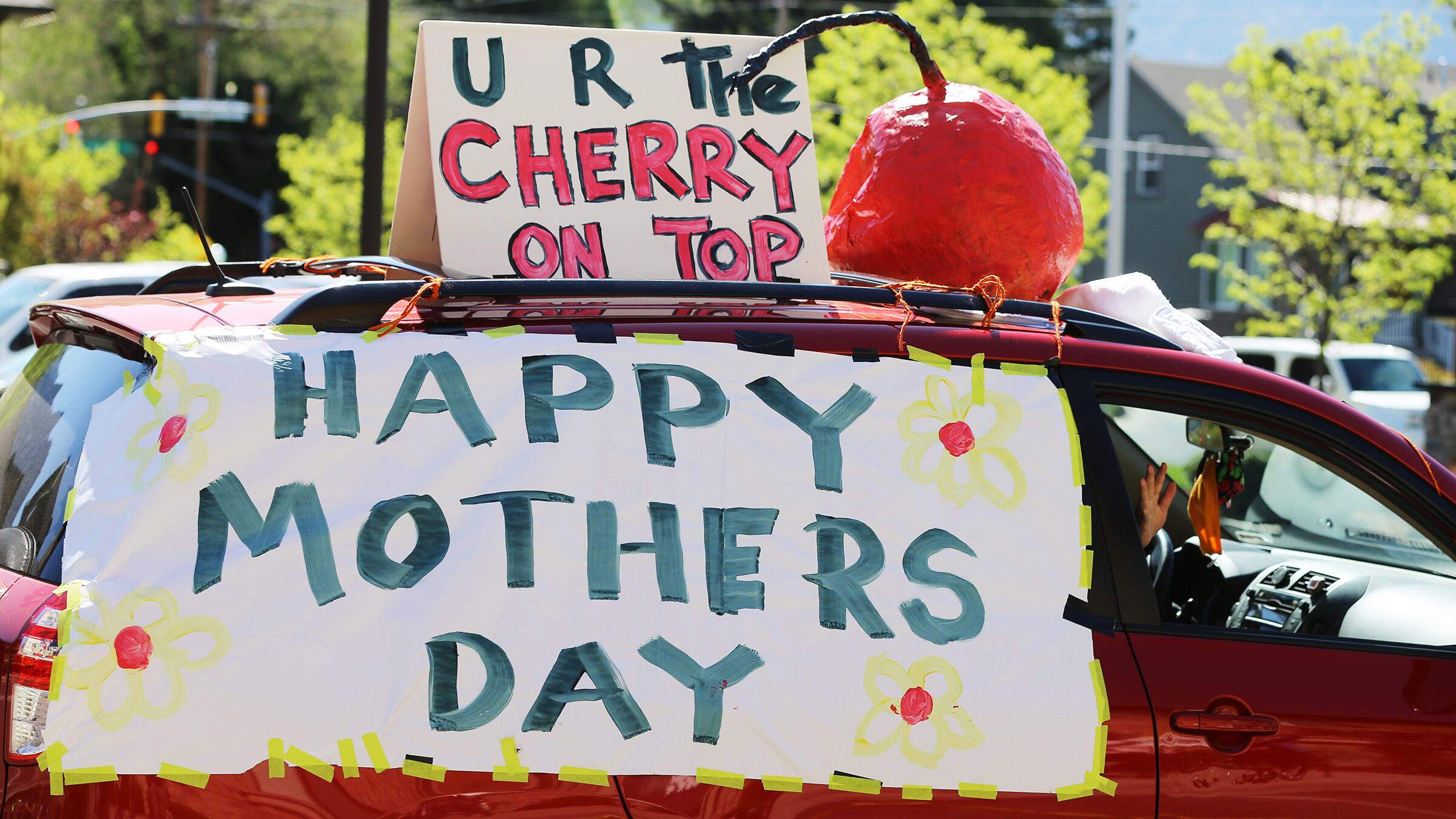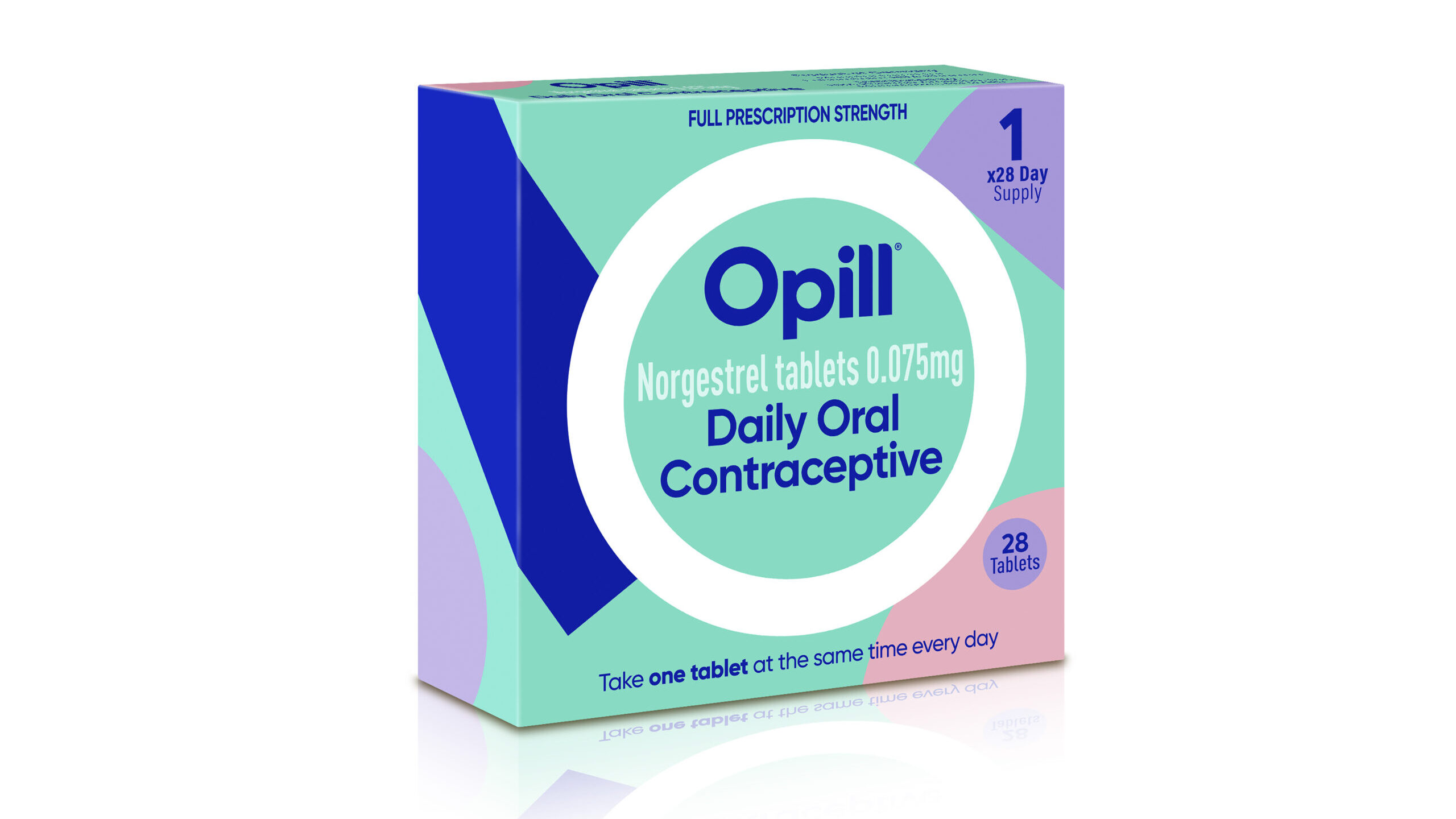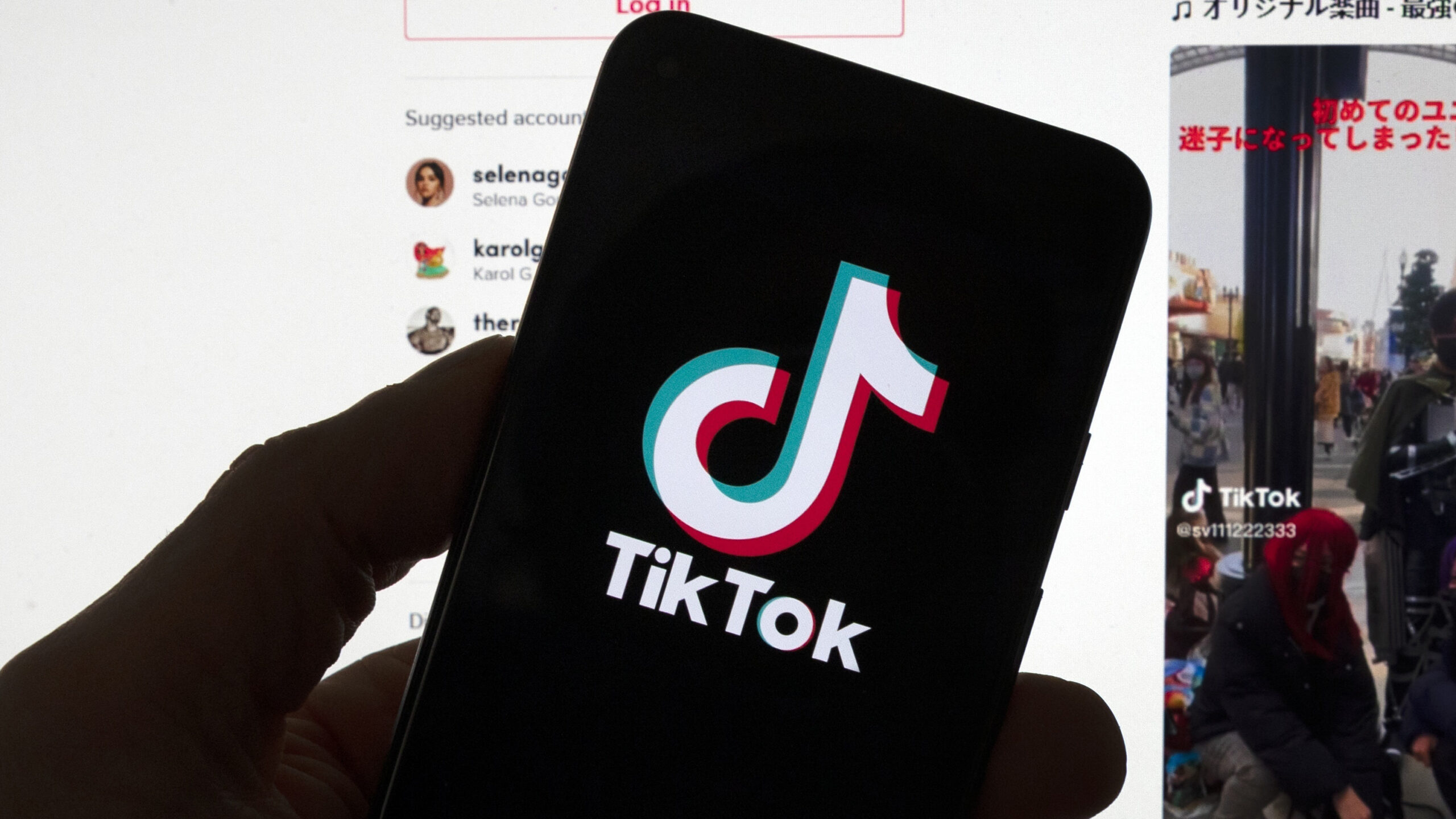FAMILY
Two sisters used genealogy, genetics to find their risk of breast cancer
Apr 2, 2022, 12:57 PM | Updated: Mar 30, 2023, 10:52 am

Twin sisters, Emma and Gabriella Friel, tested positive for a dangerous gene mutation that leads to breast cancer. (Photo courtesy of Friel family)
(Photo courtesy of Friel family)
SALT LAKE CITY — There’s a 13% chance for any woman to develop breast cancer in the course of their lifetime. But for 24-year-old twins, Emma and Gabriella Friel. there’s a much higher chance. An 80% chance.
The sisters, from Utah, live together, hike together, snowboard together, travel together and so much more. And recently, they underwent double mastectomies together — on the same day, at the same hospital.
In early 2021, Emma, who works in the genetics field, set out to satisfy a nagging worry she had about her genealogy and genetics: Was her family history of breast cancer a sign that she had inherited a gene mutation that put her at a very high risk of developing the disease?
A family history of breast cancer
“This BRCA gene runs in our family,” said Emma. “Our cousin had it and her mom, so our aunt had it. It was very off-handed. I got tested, I didn’t think anything about it, I figured I would be negative and then it turned out I was positive.”
Emma’s test result foreshadowed Gabriella’s.
“I was hoping, by some chance, that I wouldn’t have it,” said Gabriella. “I don’t know, by the grace of God or something, but I assumed I did.”
The results were back within a month. They both had the BRCA1 gene. And then they had a decision to make.
How the sisters took action for their health
So, there’s a 13% chance for women to get breast cancer in their life. For the Friel sisters, it’s six times that.
“There is about an 85% chance of us developing breast cancer by the time we turn 70, 75,” explained Emma. “It’s not super scientific where they can see, like this is your percentage by the age of 30. And this is your percentage by the age of 50. It’s very broad. They’re doing more research to try and pinpoint it. But science isn’t there yet.”
Emma decide she would undergo a double mastectomy to significantly cut her odds for developing the disease. Gabriella looked into other options.
“Another option is I could get tested every six months for the rest of my life until someday I get breast cancer,” said Gabriella. “I wasn’t keen on that option. It just seemed like a lot of anxiety, and a lot of time.”
In February 2022, both admitted themselves to the same hospital, on the same day, to undergo double mastectomies.
A mother’s reaction
Emma and Gabriella’s mother, Sandra Garofalo was the first person Emma called after she got her test results.
“I just, I immediately felt guilty,” said Garofalo. “I thought I should have tested myself long ago, like I, I just made a lot of excuses of why not to get tested, you know. I had lost my cousin. And I knew that she was positive. But you know, our parents are half-siblings. And they had breast cancer on the side of the family that was not blood-related to me. So I just always kind of thought, ‘Oh, it must have come from that side of the family.’ I put it out of my head for a long time.”
The irony is, that Garofalo is a nurse practitioner who works with cancer patients.
“Here’s Emma, the first one positive, and I immediately felt like this should not be on her, I should have done this first,” she said. “I want them to make the right decision, but I know that it needs to be theirs, and not mine.”
She says she would be there to emotionally support them, but not make the decision for them.
“Of course, I didn’t want them to get it yet,” Garofalo said. “They’re really active, and they’re having so much fun. I don’t want to interrupt their lives with this mess and thinking about cancer. As I was struggling over that, I met a new patient, literally a week, after all of this kind of hit. And this girl walks in. She’s one year older than my twins. She’s this really dynamic young woman. And she’s like the girl she likes to rock climb and snowboard and adventure and do all this stuff. And she’s BRACA-1 positive, and she has triple-negative breast cancer, which is traditionally a harder cancer to treat and harder to cure. I’ve been going through wrestling with this, that it was this way of saying this is what you need to do. They’re doing the right thing. They’re not too young to get surgery.”
All the while, Garofalo got tested herself. She was positive for the gene, too.
So while her girls were weighing their options, Garofalo got her double mastectomy in the fall of 2021.
An oncologist’s perspective
The BRCA-1 and BRCA-2 are genes that women normally have two copies of that help protect them from cancer. If one of the genes we inherit is defective, it puts the body’s ability to fight cancer at a disadvantage.
“They are more at risk for getting breast, ovarian cancer, sometimes pancreas, melanoma, and men, of course, are more at risk for getting prostate cancer,” said Huntsman Cancer Institute’s Dr. Sarah Colonna.
Colonna wasn’t involved in the Friel sister’s diagnosis.
She recommends speaking to a genetic counselor before making the decision to test for gene mutations and says there are a couple of options: One is an FDA-approved at-home saliva test, and the other is to get tested at your doctor’s office.
“Costs used to be several thousand dollars, it’s come down. Now it’s like a couple of hundred dollars.”
She warns federal law makes it illegal for health insurance companies to base coverage on a person’s DNA but things differ when it comes to life and disability insurance.
And though Colonna urges people to consider the insurance implication before testing themselves, she says that by undergoing double mastectomies Emma and Gabriella significantly dropped their risk of cancer.
“Let’s say Gabriella’s risk was 70%,” said. Colonna. “A risk-reducing mastectomy would take it from 70% to 7%.”
At-home testing for breast cancer
The FDA has approved an at-home test kit, and the genetic testing website 23andMe markets a saliva test, which costs about $200.
“We test for the three mutations on the BRCA1 and BRCA2 genes that are some of the most common, the most well-studied and convey the largest risk. We do not test for all possible variants in the BRCA1 and BRCA2 genes, as more than 1,000 variants in these genes are known to increase cancer risk,” a spokesperson responded to KSL NewsRadio’s inquiry.
Listen to General Conference on KSL NewsRadio
- KSL NewsRadio will carry all sessions of General Conference live at 102.7 FM, 1160 AM, the KSL NewsRadio app, and your closest smart device.












